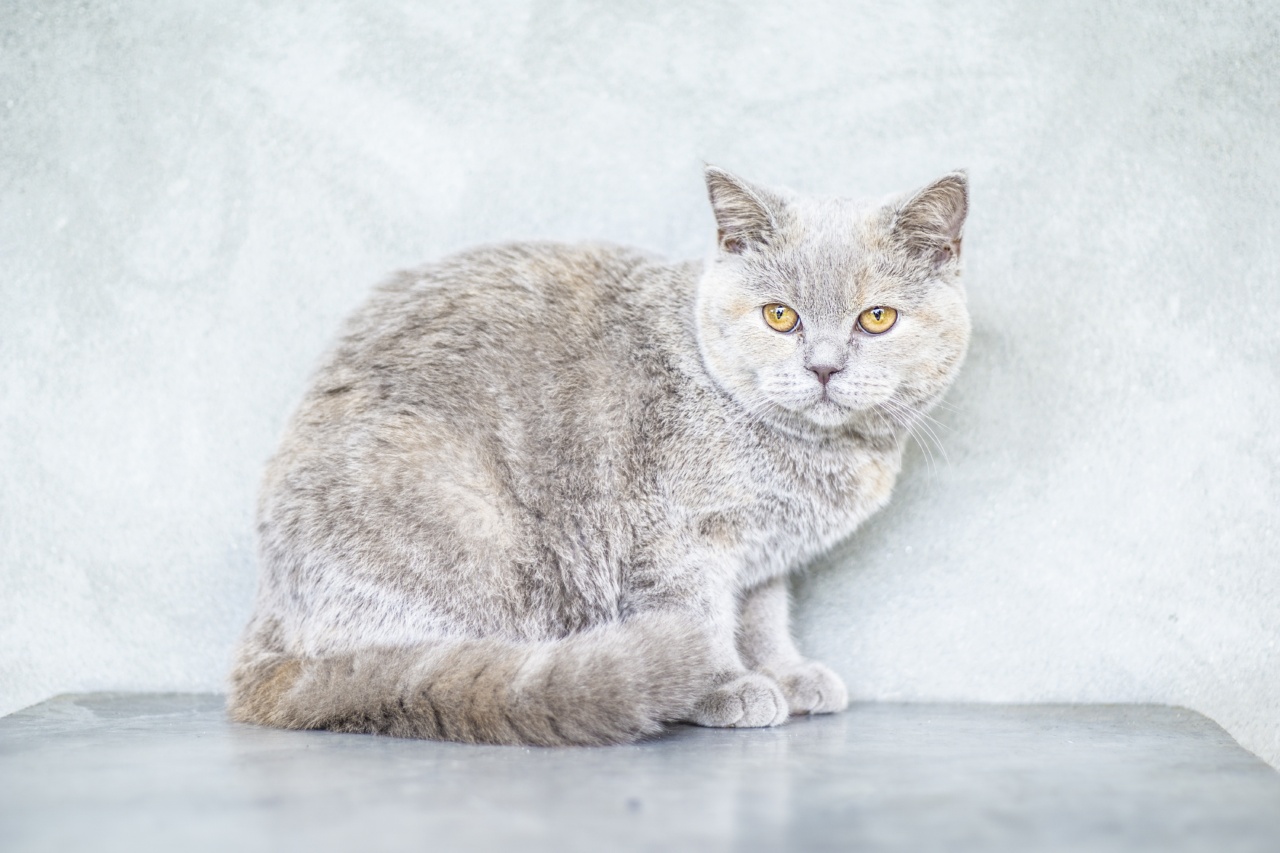As our feline friends age, their nutritional requirements change. It’s important to adjust their diet to ensure they stay healthy and live longer. Here are some tips for keeping your aging cat well-nourished.
1. Increase Protein Intake
As cats age, their ability to absorb and digest protein decreases. Therefore, it’s important to increase their protein intake to maintain muscle mass and keep them healthy.
Look for high-quality protein sources, such as chicken or fish, with at least 25-30% protein.
2. Reduce Phosphorus Intake
As cats age, their kidney function declines, and their ability to excrete phosphorus decreases. High phosphorus levels can lead to kidney damage and other health issues. Look for cat food designed for senior cats with low phosphorus levels.
3. Increase Moisture Intake
Cats have a low thirst drive and are prone to dehydration, especially as they age. It’s important to ensure they get enough moisture throughout the day. Wet food is an excellent source of moisture, and adding water to dry food can also help.
4. Ensure Adequate Fiber
Fiber helps regulate bowel movements and prevent constipation, which is common in aging cats. Make sure your senior cat’s food contains adequate fiber to support digestive health.
5. Supplement with Omega-3 Fatty Acids
Omega-3 fatty acids have anti-inflammatory properties and can help support joint health in aging cats. Look for cat food or supplements that contain Omega-3s from fish oil.
6. Reduce Calories, Increase Nutrients
As cats age, their activity levels decrease, and they require fewer calories. However, it’s important to maintain nutrient levels. Look for cat food designed for senior cats with reduced calories and increased nutrient levels.
7. Consider Supplementation
Your senior cat may benefit from supplements such as glucosamine, chondroitin, or probiotics to support joint health and digestive health. Consult your veterinarian before adding any supplements to your cat’s diet.
8. Watch for Weight Changes
Weight changes can be a sign of health issues in aging cats. Monitor your senior cat’s weight and adjust their diet accordingly. Avoid sudden or extreme dietary changes, as it can cause stress and digestive issues.
9. Regular Check-ups
Regular check-ups with your veterinarian are essential for monitoring your senior cat’s health and adjusting their diet as needed.
Your veterinarian can also check for any underlying health issues that may affect your cat’s nutritional requirements.
10. Avoid Overfeeding
While it’s important to ensure your senior cat gets adequate nutrition, overfeeding can lead to obesity and health issues. Follow the feeding guidelines on your cat’s food and adjust as needed based on your cat’s individual needs.
By following these tips, you can help ensure your aging cat stays healthy and lives a longer, happier life.




























